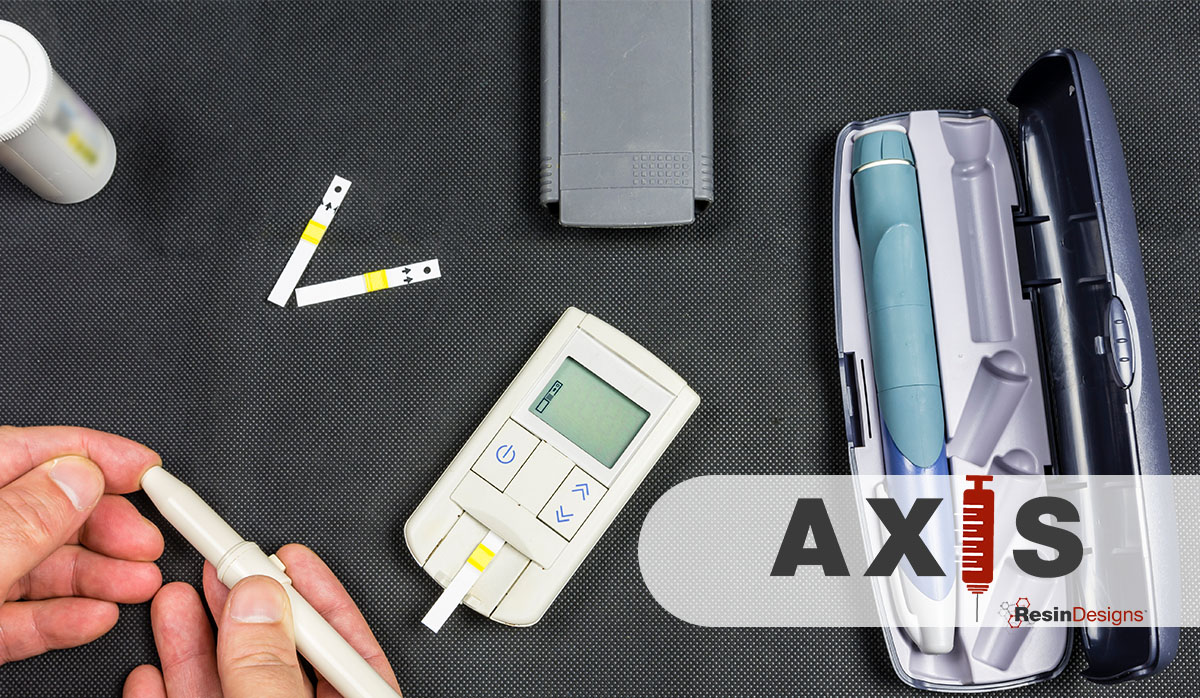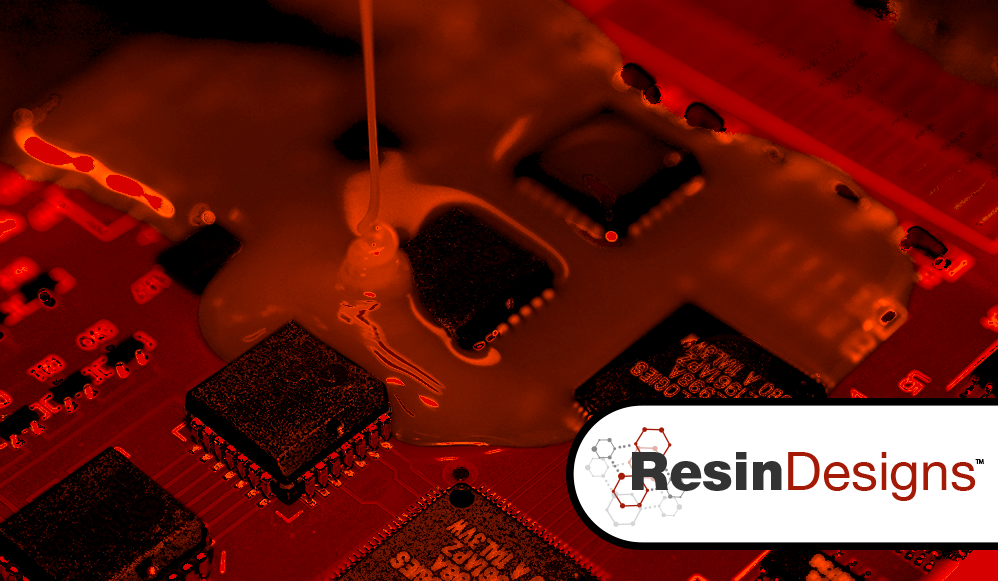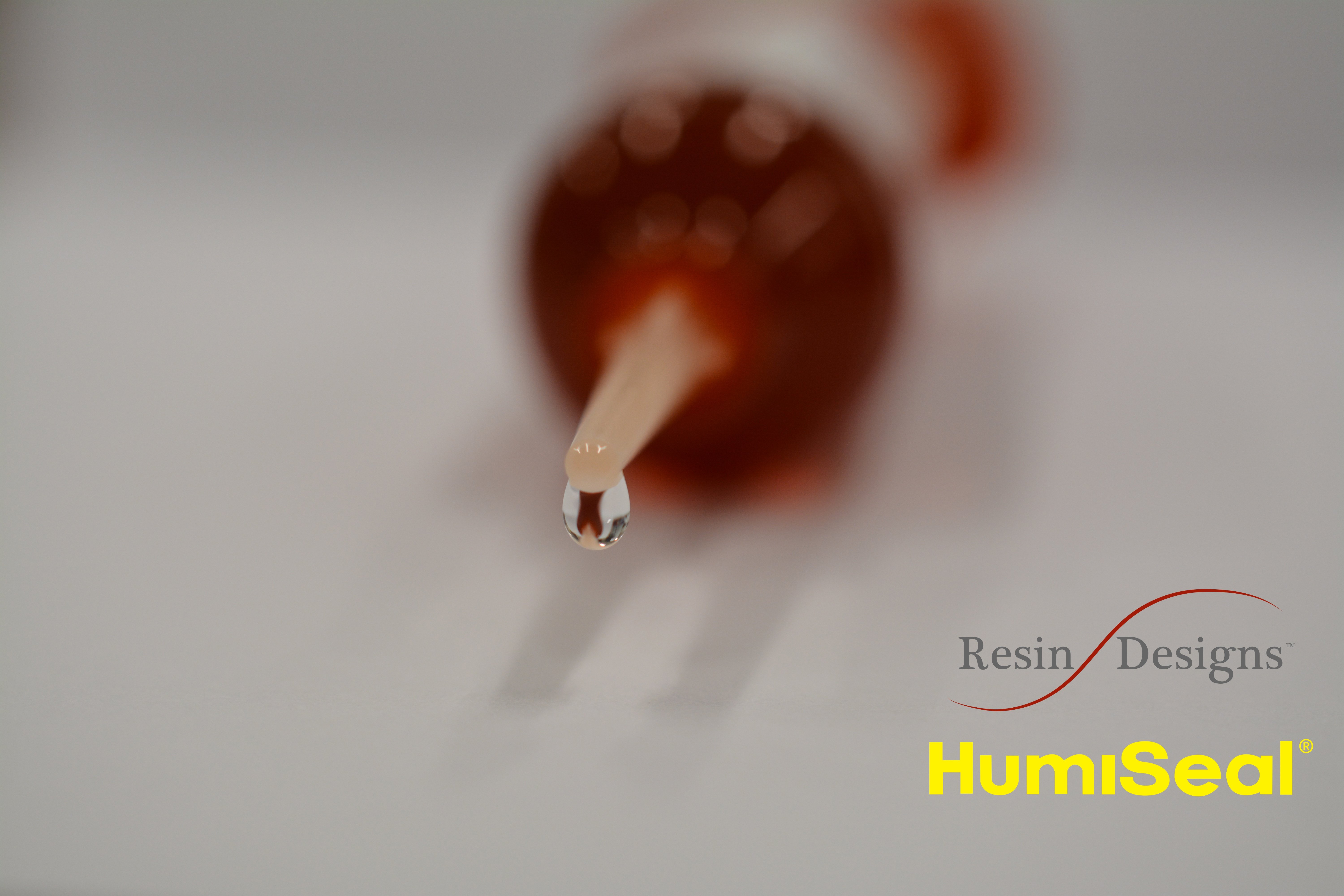Chase Corporation - Resin Designs division is pleased to announce that NEXUS UV800-FR adhesive has been certified as meeting V0 flame requirements under the UL94 standard. This testing completion/certification assures customers involved in the manufacture of electronics and other consumer devices that NEXUS UV800-FR is safe and appropriate for use.
Resin Designs Editor
Recent Posts
Resin Designs Receives UL Certification for NEXUS UV800-FR Adhesive
Topics: Encapsulants, NEXUS UV800-FR, V0 Flame Requirements, UL94 Standard
Resin Designs Promotes New, Dual-Cure Medical Adhesive AXIS 151-091
Chase Corporation through its Resin Designs division announces the promotion of AXIS 151-091, a 2-part, UV-gellable adhesive with a chemical cure mechanism. AXIS 151-091 is the most recent addition to the AXIS line of medical assembly adhesives, all of which have been designed and fully tested to meet ISO 10993-5 cytotoxicity standards.
For medical device assembly, AXIS 151-091 offers the following:
Topics: AXIS Medical Adhesives, ISO 10993-5 cytotoxicity standards.
Resin Designs Introduces Dual Cure AXIS 1064 Medical Adhesive
Chase Corporation through its Resin Designs business has announced the successful development and certification of the AXIS line of medical assembly adhesives. AXIS 1064, and all AXIS adhesives, have been designed and fully tested to meet ISO 10993-5 cytotoxicity standards.
Topics: AXIS Medical Adhesives, ISO 10993-5 cytotoxicity standards.
Processing and Troubleshooting Epoxy Adhesives and Encapsulants
Two-component epoxies are versatile, viable adhesives and encapsulants that have demonstrated their value in the manufacture of electronics, medical devices, aerospace components, and many others. They provide superb electrical and mechanical properties along with the ability to resist extreme environments such as high and low temperatures and chemical exposure.
As part of our commitment to industry and customer support, we believe that our experience with two-component epoxies can be of value to manufacturers faced with certain processing and troubleshooting issues. While far from a comprehensive guide, we present below two common issues experienced when working with epoxies, as well as some tips on how to fix them.
Topics: Epoxy Adhesives, troubleshooting, Encapsulants
Announcement: Resin Designs Axis® 310 and 310-W are Approved to ISO10993-5 (Cytotoxicity) Medical Standard
Axis 310 and Axis 310-W are the most recent additions to Resin Designs’ growing line of medically tested and qualified adhesives. Both products are single component epoxies for simplicity in application. Their heat curing chemistry provides added temperature and chemical resistance properties. These adhesives bond to a wide range of substrates typically found in the design of high-performance medical devices.
Topics: Resin Designs, Adhesive Solutions, Curable Adhesive
Our 165-183 UV Curable Adhesive is now UL V0 Rated
Resin Designs UV 165-183 is uniquely designed for thick applications as both an adhesive and encapsulant where UL V0 fire ratings are critical. The products properties include:
Topics: Resin Designs, Adhesive Solutions, Curable Adhesive
5 Important Reasons Why You Should be Mindful of Glass Transitions Temperatures When Selecting an Epoxy Adhesive
Unlike thermoplastic alternatives such as hot melt adhesives, cured thermosetting epoxies will not re-flow or melt when heated. Instead, epoxies will undergo a transition from a hard-rigid state to a more pliable, rubbery state. The temperature range during which this transition takes place is known as the glass transition temperature, Tg.
Topics: Resin Designs, Epoxy Adhesives, Glass Transition








